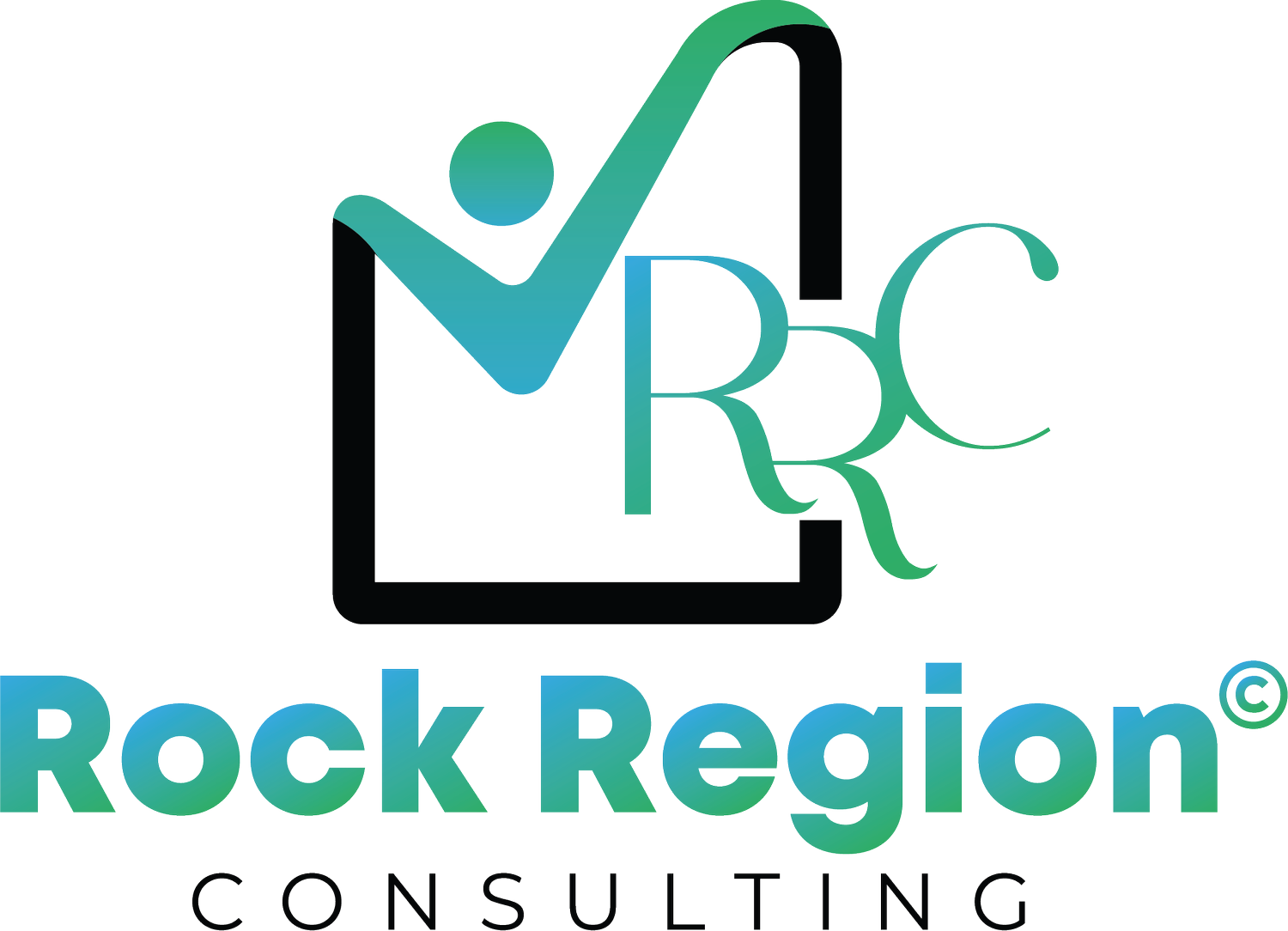Strategies for Resolving Workplace Conflicts: A Guide for HR Leaders
In the dynamic world of business, workplace conflicts are an inevitable part of the journey. As CEOs and business owners, navigating these conflicts effectively is essential for maintaining a harmonious and productive work environment. In this blog post, we'll explore proven strategies for resolving workplace conflicts, providing HR leaders with a comprehensive guide to foster a positive and collaborative workplace.
1. Addressing Conflict Head-On: The HR Advantage
Workplace conflicts are like storm clouds on the horizon—they're best addressed before they escalate. HR professionals play a pivotal role in creating a culture where open communication is encouraged. Be proactive in identifying and addressing conflicts as soon as they arise, preventing them from becoming major disruptions.
2. Active Listening: The Foundation of Conflict Resolution
Listening is an art, and in conflict resolution, it's the cornerstone. Encourage parties involved in a conflict to express their thoughts and feelings without interruption. As HR leaders, actively listen to understand the underlying issues. By validating emotions and concerns, you set the stage for a more constructive dialogue.
3. Neutral Mediation: The Role of HR as Peacemaker
HR professionals often act as mediators, facilitating discussions between conflicting parties. Being neutral is crucial; your role is to guide the conversation toward resolution without taking sides. Mediation fosters a collaborative atmosphere, allowing employees to voice their concerns and work together to find common ground.
4. Establishing Clear Communication Channels
Communication breakdowns often fuel workplace conflicts. HR can implement clear communication channels, ensuring that employees understand how and when to address concerns. Regular team meetings, anonymous suggestion boxes, or open-door policies can provide avenues for employees to express themselves and seek resolution.
5. Conflict Resolution Training: Empowering Employees
Equipping employees with conflict resolution skills empowers them to address minor issues independently. HR can organize training sessions to teach effective communication, active listening, and negotiation techniques. By providing tools for conflict resolution, you create a workforce capable of resolving issues before they escalate.
6. Documenting and Analyzing Conflicts: Data-Driven Solutions
HR should maintain detailed records of workplace conflicts. Analyzing patterns and trends can reveal underlying systemic issues that may need addressing. Utilize data to identify recurring problems and tailor solutions that address the root causes, creating a more resilient and conflict-resistant workplace.
7. Implementing a Fair and Transparent Conflict Resolution Process
A well-defined conflict resolution process sets clear expectations for employees and promotes fairness. Ensure that your company has a documented procedure for addressing conflicts, outlining the steps involved and the roles of HR and management. Transparency in the resolution process builds trust among employees and showcases a commitment to fairness.
Call to Action: Transform Your Workplace with Rock Region Consulting!
Ready to elevate your conflict resolution strategies and create a workplace where conflicts are opportunities for growth? At Rock Region Consulting, we specialize in HR services designed to help you navigate workplace challenges with finesse.
Book a FREE 15-minute call with our HR experts today at www.rockregion.co!
Optimize Your Conflict Resolution Strategy
Empower your organization with effective conflict resolution strategies. Book your free consultation now and let Rock Region Consulting guide you in creating a workplace where conflicts are resolved swiftly and constructively. Together, let's build a resilient and collaborative work environment that propels your business to new heights.
